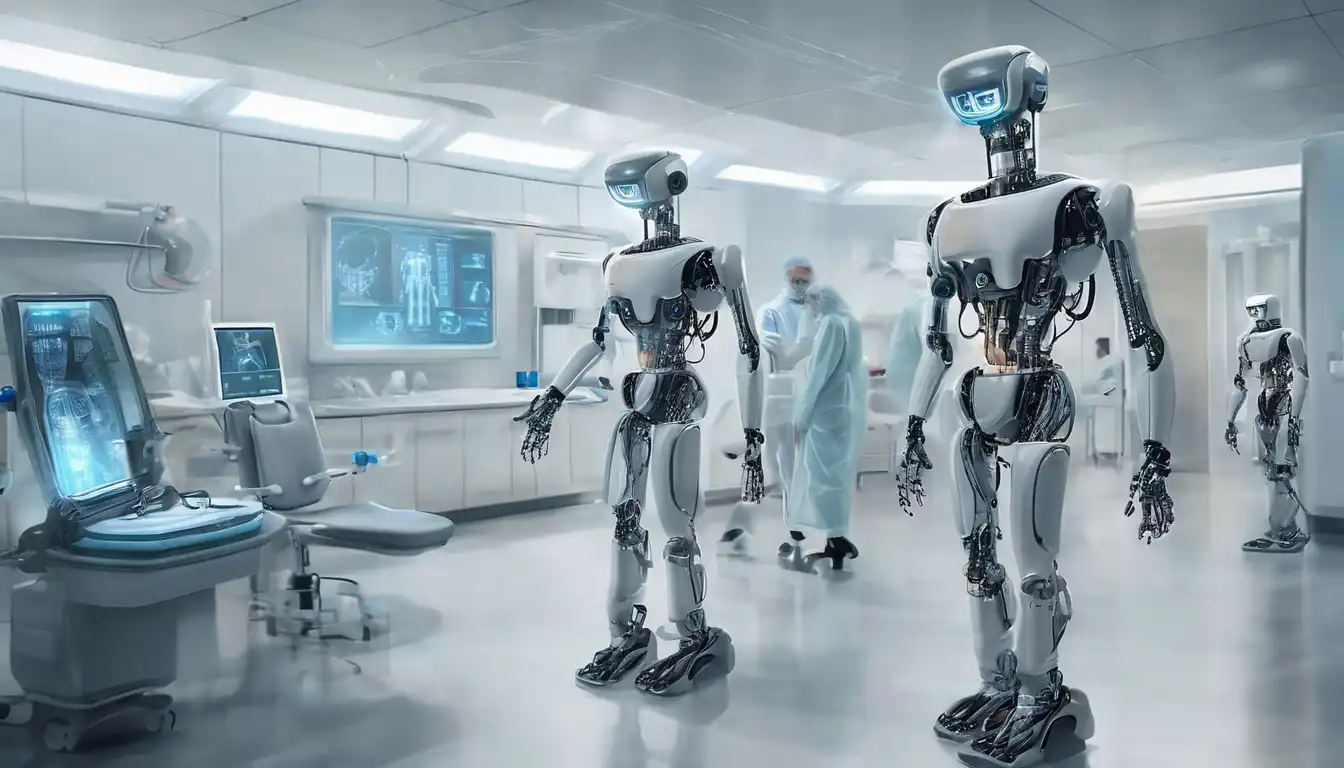The Next Era of Robotics in Healthcare
The integration of robotics into healthcare is transforming patient care, surgical procedures, and rehabilitation processes. This technological advancement is not just a glimpse into the future; it's a present reality that's reshaping the healthcare industry. From robotic surgery to automated patient monitoring systems, the potential for robotics in healthcare is boundless.
Robotic Surgery: Precision and Efficiency
One of the most significant contributions of robotics in healthcare is in the field of surgery. Robotic surgical systems, such as the Da Vinci Surgical System, allow surgeons to perform complex procedures with enhanced precision, flexibility, and control. These systems minimize human error, reduce patient recovery times, and lower the risk of complications.
Automated Patient Monitoring
Robotics technology has also paved the way for automated patient monitoring systems. These systems can track patient vitals around the clock, alerting healthcare providers to any abnormalities. This not only improves patient outcomes but also alleviates the workload on medical staff, allowing them to focus on more critical tasks.
Rehabilitation Robotics
Rehabilitation robotics is another area where technology is making a significant impact. Devices such as exoskeletons and robotic prosthetics are helping patients regain mobility and independence after injuries or strokes. These innovations are not only improving quality of life but are also reducing the long-term costs associated with patient care.
The Future of Robotics in Healthcare
The future of robotics in healthcare is bright, with ongoing research and development paving the way for even more advanced applications. From nanorobots that can target and treat diseases at the cellular level to AI-driven diagnostic tools, the possibilities are endless. As technology continues to evolve, so too will the role of robotics in enhancing patient care and medical outcomes.
In conclusion, the integration of robotics into healthcare is revolutionizing the way we approach patient care, surgical procedures, and rehabilitation. With continuous advancements in technology, the future of robotics in healthcare promises even greater innovations that will further improve patient outcomes and streamline medical processes. The journey of robotics in healthcare is just beginning, and its potential to transform the industry is immense.
